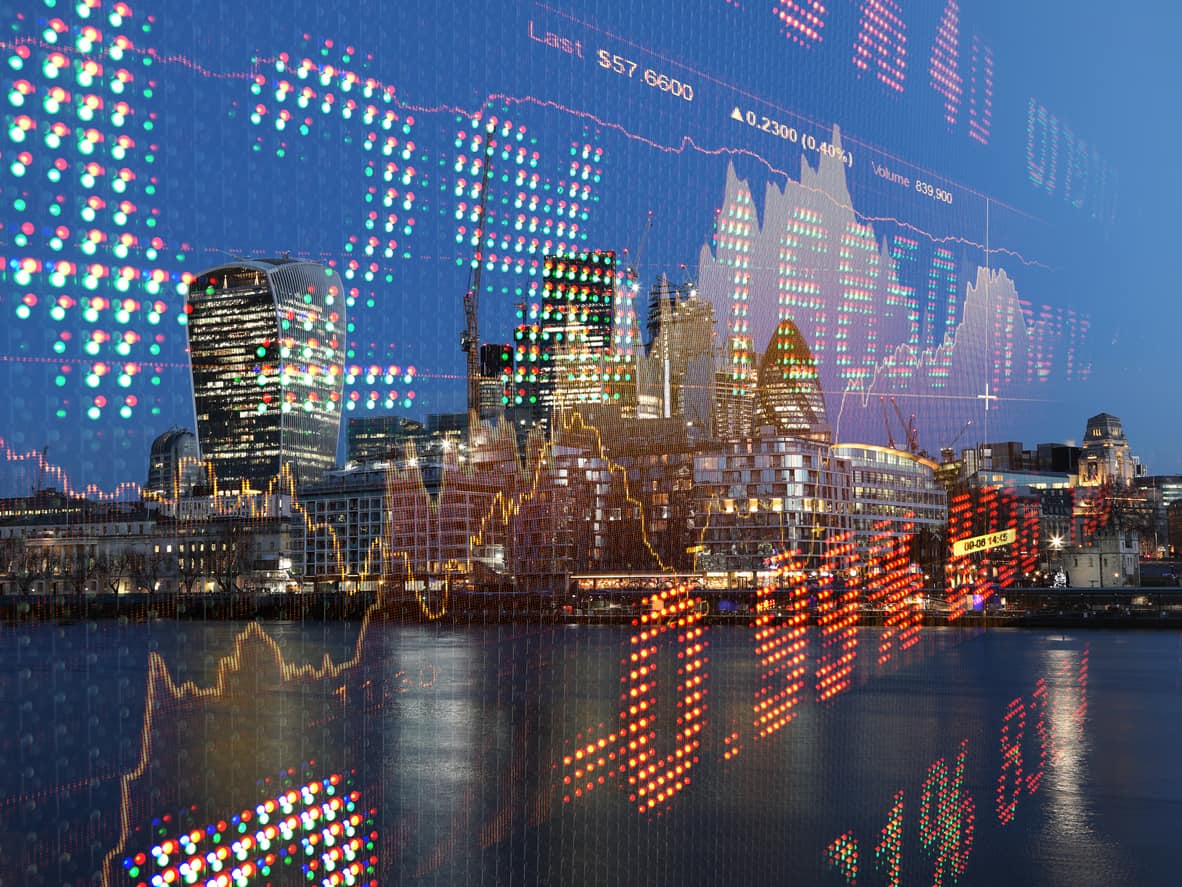UBS, the world’s leading global wealth manager, is expecting a year of discovery that will reveal what a new “normal” looks like, after two years marked by lockdown and reopening.
2022 is expected to be a year of two halves, with high rates of economic growth and inflation in the first half, giving way to lower growth and inflation in the second. In the decade ahead, investors should seek opportunities in the net-zero carbon transition and the “ABC” of disruptive technologies – artificial intelligence, big data, and cybersecurity.
Central banks will likely reduce their emergency monetary accommodation, as the economic effects of the pandemic increasingly subside. However, tighter policy is not expected to prevent positive equity market returns, according to UBS Global Wealth Management’s Chief Investment Office Year Ahead 2022 outlook.
UBS's report reccommendations are comprised as follows:
Buy the winners of global growth. Economic growth will likely remain above trend for the first half of 2022, benefitting cyclicals, including Eurozone and Japanese equities, US mid-caps, global financials, commodities, and energy stocks.
Seek opportunities in healthcare. Although growth is set to be strong in early 2022, favoring cyclical sectors, a slowdown over the course of the year should start to favor more defensive parts of the market, such as healthcare.
Seek unconventional yield as interest rates, bond yields, and credit spreads remain low by historical standards. US senior loans, synthetic credit, private credit, and dividend-paying stocks, look attractive.
Position for a stronger US dollar as a combination of Fed tapering and slowing global growth favor the greenback, relative to currencies bound to looser monetary policies, such as the euro, yen, and Swiss franc.
In the decade ahead, investors face a world that is experiencing increased technological disruption, aging populations, monetary and fiscal coordination, and de-globalisation, as well as stronger political calls for wealth re-distribution and environmental action.The pandemic has accelerated the advancement of many of these themes, creating uncertainty, but also compelling long-term investment opportunities.
The net-zero carbon transition looks set to prove to be one of the most consequential investment trends of the coming decade. Attaining net-zero is expected to require global investment in renewables of $50 trillion for each decade until 2050, with 50% of emission reductions needing to come from underdeveloped technologies. This creates opportunity across greentech, clean air and carbon reduction solutions, and carbon trading strategies.
















